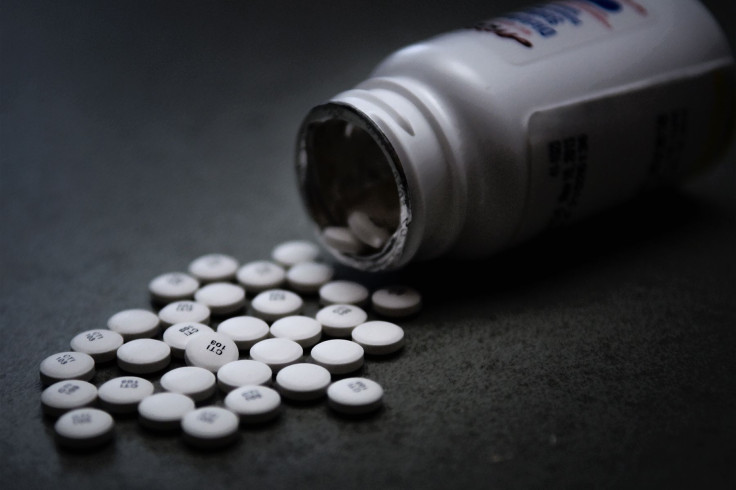Pharmacies Don't Know How To Dispose Of Leftover Prescriptions, Data Shows

KEY POINTS
- A majority of pharmacy workers don't know how to get rid of unused drugs
- 77 percent incorrectly dispose of opioids
- Only 43 percent know how to get rid of antibiotics
In an age when prescription drug addiction and overdose are at an all-time high, pharmacies don’t seem to know how to safely dispose of leftover opioids and antibiotics.
Research from the University of California in San Francisco and Children’s National Hospital in Washington, D.C. reveals disturbing information regarding pharmacy employees’ apparent inability to get rid of unused supplies of the prescriptions on which so many Americans have become dependent.
The study’s findings were reported by Time, and indicate that approximately 43 percent of pharmacy workers responded accurately on how to deal with antibiotics. Just 23 percent knew what to do with opioids. To put it another way, 77 percent of pharmacists and pharmacy tech workers responded incorrectly when asked how they disposed of these drugs compared to guidelines for correct disposal published by the U.S. Food and Drug Administration (FDA).
Proper drug disposal has proven to be one of the most difficult aspects of prevention. “The FDA has specific instructions on how to dispose of these medications, and the American Pharmacists Association has adopted this as their standard. Yet it’s not being given to the consumer correctly the majority of the time,” says Hillary Copp, associate professor of urology at UCSF and the senior author of the study in a recent press release.
The problem of improper disposal is not strictly confined to pharmacies. In a 2016 study published in JAMA Internal Medicine in 2016, it was revealed that about 60 percent of Americans prescribed opioids kept their leftover meds for “future use.” These supplies are commonly diverted or improperly given to relatives who don’t have a prescription, and have not had proper education when it comes to the effects of these substances.
Last year, over 47,000 Americans succumbed to opioid overdose, and over 11,000 fell victim to benzodiazepine overdose.
© Copyright IBTimes 2024. All rights reserved.




















